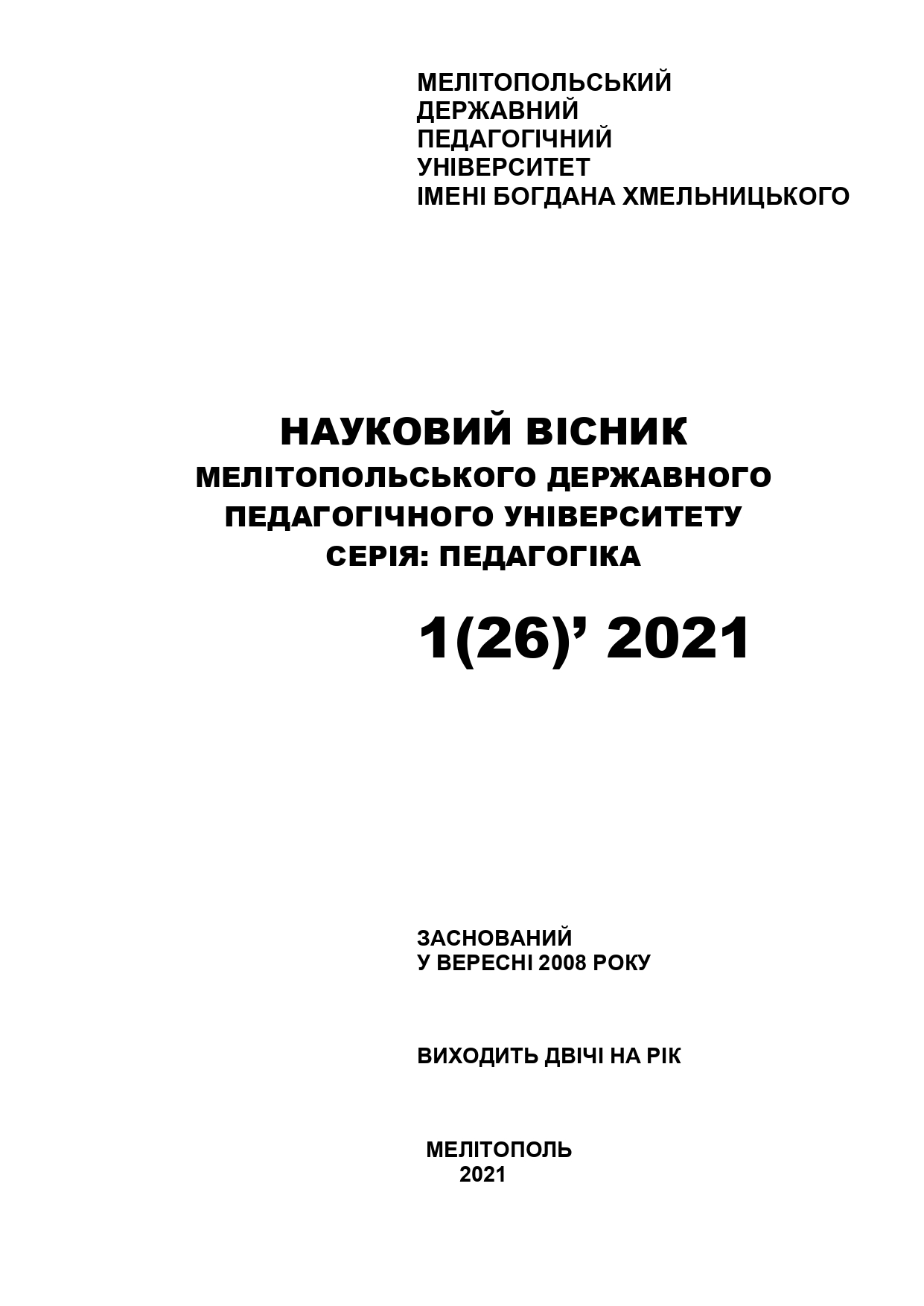Organization of legal education of adolescents in tutorials.
Abstract
The article focuses on the aggravation of the problem of legal education of adolescents and in particular of pupils with learning disabilities and describes the ways to solve it. The reasons for deviant behavior of pupils, the typology of deviation from the norm are revealed, and the principles of individualization, flexibility and variability, which are the basis for developing an individual program of actions for the upbringing and re-education of adolescents, are described. The topics of educational hours and round tables to promote the protection of children's rights and the Universal Declaration of Human Rights are proposed. In this regard, the new functions of the tutor in working with pupils of deviant behavior are justified, and specific recommendations for organizing tutors based on the principle of individualization of legal education are highlighted. The author emphasizes the priority of interpersonal communication between the tutor and teenagers with learning disabilities. The article accentuates the formative function of communication; it describes the function of the pupil status confirmation and the function of interpersonal communication, which helps to bring out the potential of positive feelings and emotions. The research emphasizes the importance for the tutor to learn about the living conditions of the pupils with learning disabilities, their relationships with parents, surrounding, with other teenagers after classes. It is underlined that the tutor must consider the typology of these teenagers’ psychic, which will allow the tutor to develop a further program of actions. The author offers the typology by V.M. Soroka – Rosinsky and his scientific and pedagogical approaches to educating children with different types of deviant behavior.




